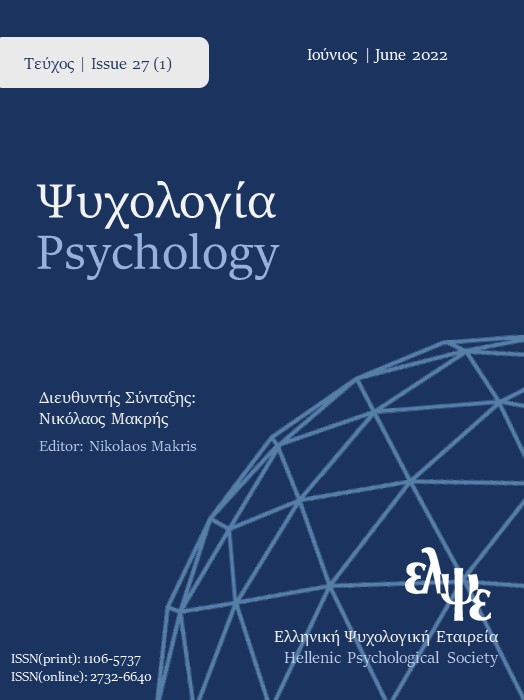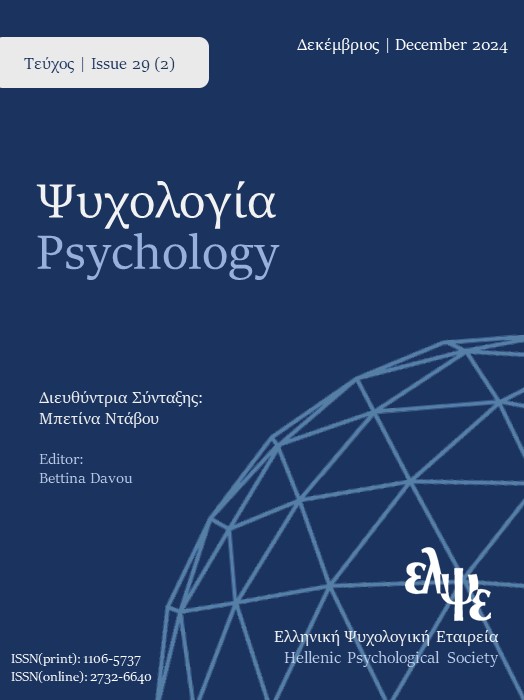The development of representational ability in physical sciences in relation to the ability to reason in the social domain

Abstract
In this paper we investigated children’s ability to handle representations related to their intuitive experience of the world, alongside the scientific, non-intuitive knowledge acquired during school years. The results of our previous studies have shown that understanding of scientific, non-intuitive explanations does not necessarily lead to an understanding of the different ways in which the same situation in the world can be interpreted. The ability to think at the same time for two different representations shows a developmental progress as children gradually understand "seeing" and "seeing as". This understanding seems to be related to changes not only in children’s ontological commitments but also in their epistemological commitments as well as in their representations. The hypothesis that the beginnings of this understanding can be found in children’s ability to think about the differences between their beliefs and the beliefs of others in the social domain (Theory of the Mind) was investigated in this study. Sixty-three students (mean age: 10 years and 8 months) were administered Theory of Mind (ToM) tasks and Theory of the physical world tasks. The results seem to confirm the existence of common cognitive-epistemological elements between the two domains of thought. ToM appeared to be a strong predictor of children's ability to reason on different perspectives of the physical world. The results are discussed based on their likely impact on the design of educational interventions that promote conceptual change.
Article Details
- How to Cite
-
Kyriakopoulou, N., & Vosniadou, S. (2022). The development of representational ability in physical sciences in relation to the ability to reason in the social domain. Psychology: The Journal of the Hellenic Psychological Society, 27(1), 10–31. https://doi.org/10.12681/psyhps.30690
- Section
- SPECIAL SECTION

This work is licensed under a Creative Commons Attribution-ShareAlike 4.0 International License.
The journal PSYCHOLOGY adopts a Platinum open-access policy. Submission, processing or publication costs are waived by the Hellenic Psychological Society. Papers published in the journal PSYCHOLOGY are licensed under a 'Creative Commons Attribution-ShareAlike 4.0 International' licence. The authors reserve the copyright of their work and grant the journal the right of its first publication. Third-party licensees are allowed to use the published paper immediately after publication as they wish, provided they retain the defined by the license copyright formalities, regarding the reference to its author(s) and its initial publication in the journal PSYCHOLOGY. Moreover, any adjusted work should be shared under the same reuse rights, so with the same CC license.



